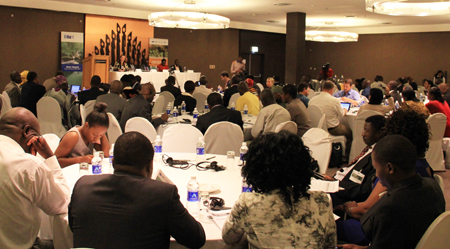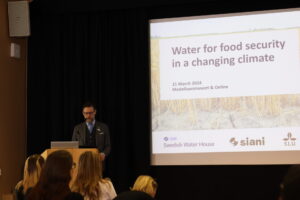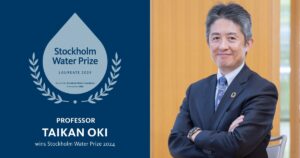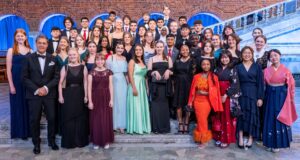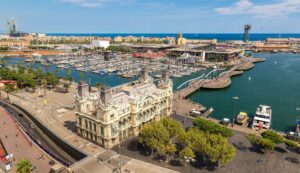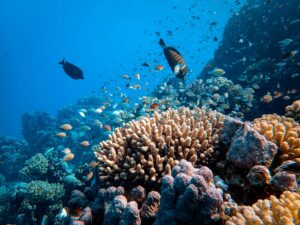Africa’s first Water Integrity summit
Fighting the constantly moving and often intangible beast of corruption required more concerted action in order to reach out to a critical mass of water integrity change agents.
As a result, me alongside my colleagues at the Water Integrity Network (WIN) and Cap-Net joined forces to developed a three year proposal for a Regional Capacity Building Programme on Water Integrity for sub-Saharan Africa.
At the time the idea was very innovative indeed. Not only because of the topic, (water integrity was and remains a sensitive issue as it inevitably means challenging powerful actors with vested interests in maintaining their beneficial status quo) but also that the programme itself was also innovative due to its regional approach.
Our idea was to bring water stakeholders outside of the national context and enable the sharing of their water integrity experiences on water integrity (or the lack thereof) with regional peers. We proceeded with the idea that corruption in the water sector was particularly suitable to address using a regional approach since corruption encountered tended to be sector specific and not necessarily unique to a single country. Regional institutions could therefore serve as powerful platforms for the exchange of good practice and experiences related to anti-corruption as well as joint anti-corruption programmes, joint guidelines and policy harmonisation.
In addition to sub-regional trainings in Eastern, Southern and Western Africa, a ‘Learning Summit’ to synthesize the lessons learned and to allow for cross-fertilisation between the different sub-regions, was added to the proposal dispatched to the Swedish International Development Cooperation Agency (Sida), who became our generous donor.
And now, 4 years later we are here, in Lusaka, Zambia for the 1st African Water Integrity Summit ‘Accelerating Towards A Water Secure World’ consolidating the learnings of all of our partners and participants. We are in good company.
100 fellow water integrity ambassadors represent both the alumni, programme partners, media and agents from the donor community. We are all here to achieve two objectives; first of all to take stock of the programmers’ achievements and all we have learned during the past three years. Secondly we want to identify the most successful strategies that exist to promote integrity and can deal with challenges we encountered on the way.
In widely recognising the need for integrating both bottom-up and top-down approaches, the Summit also aims to build political ownership for water integrity by publishing a final Summit declaration, which will also be submitted to AMCOW (African Ministers’ Council on Water) for consideration by its TAC (Technical Advisory Committee) and General Assembly.
Getting back to the first objective of taking stock of the programme’s achievement I am proud to say that the programme has trained more than 400 stakeholders across 36 countries in Africa.
The coming days will provide us with valuable insight into the impact behind these numbers and all the hard work that made these trainings possible.
The critical question as we wait for the opening session to start today is: have the participants been able to turn the knowledge they acquired during the programme trainings into actual change on the ground? And what does that change look like?
